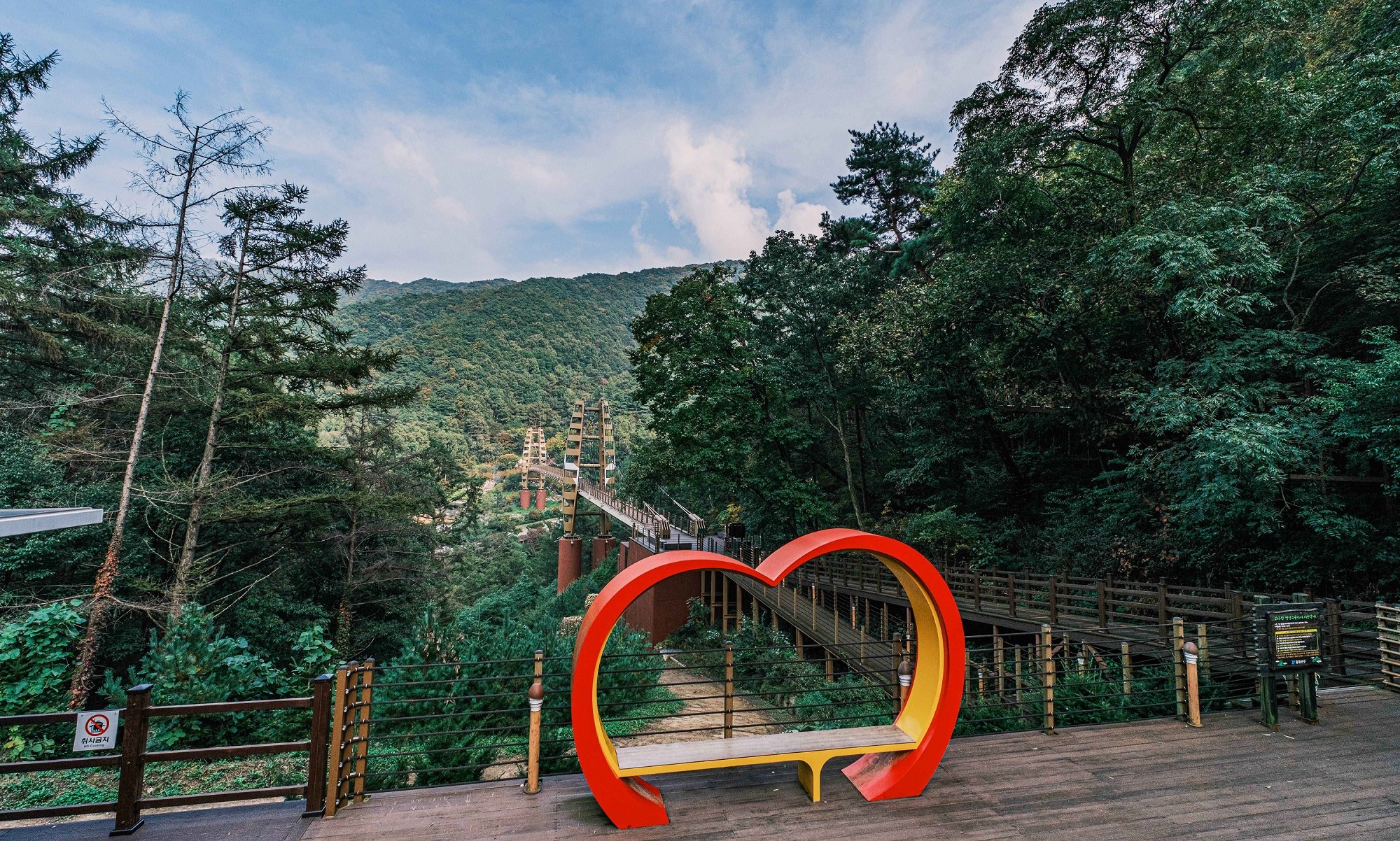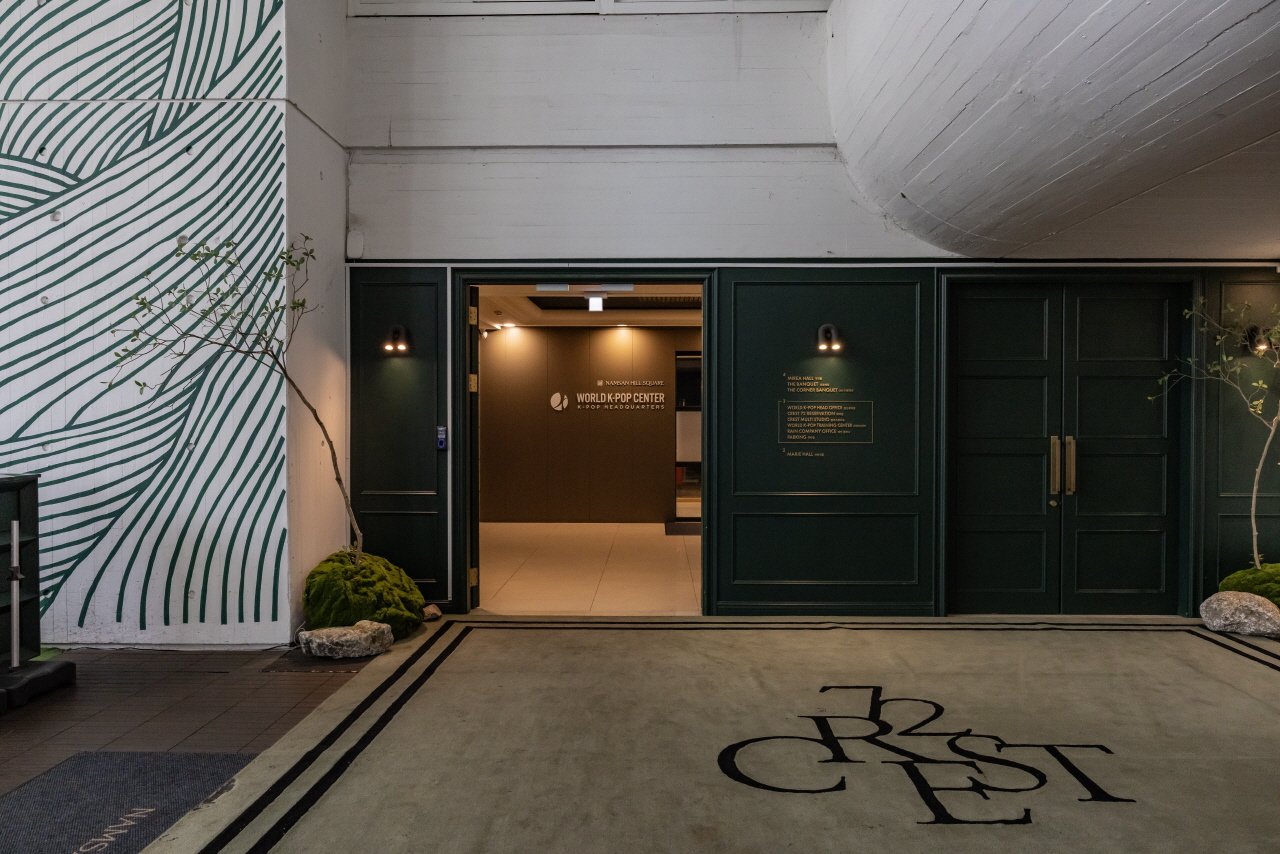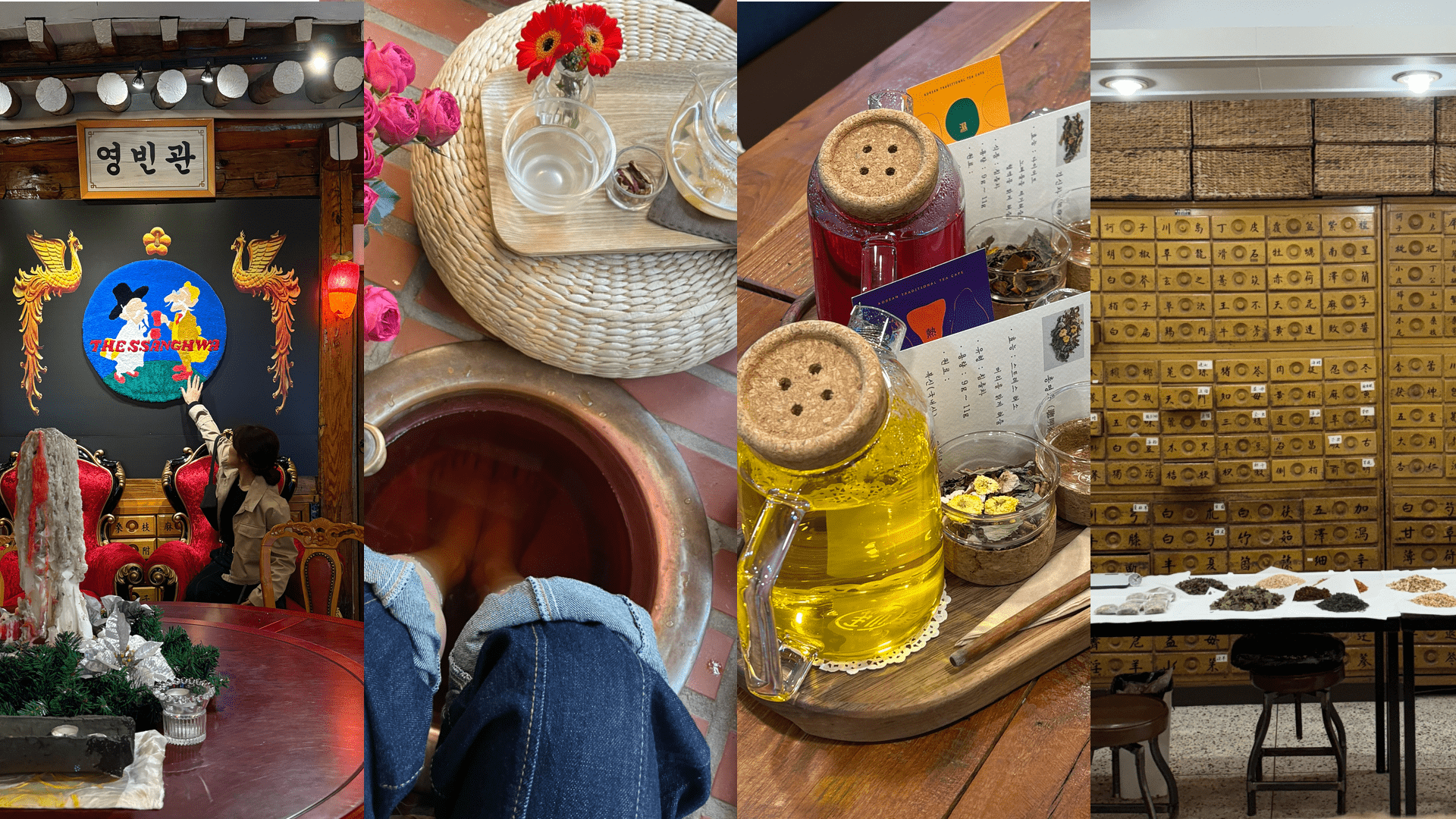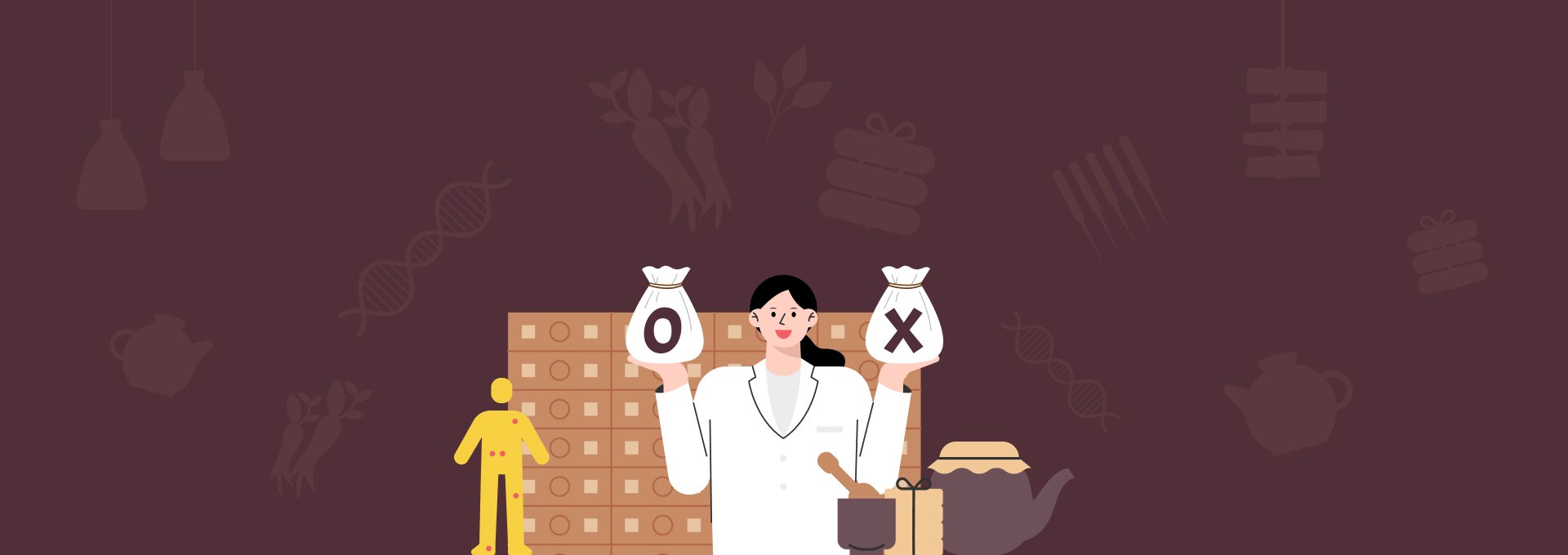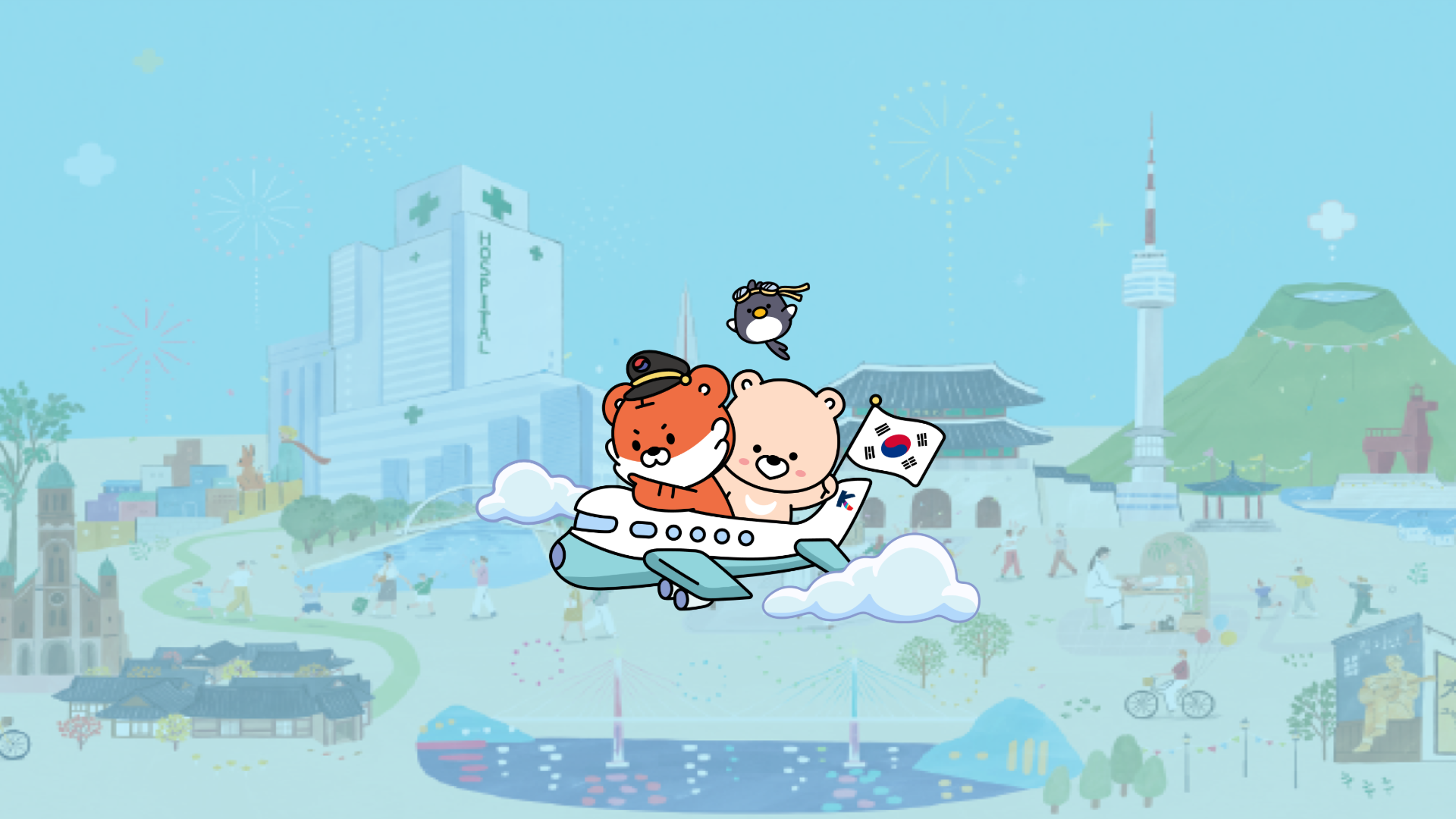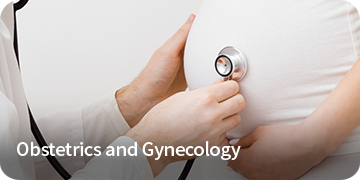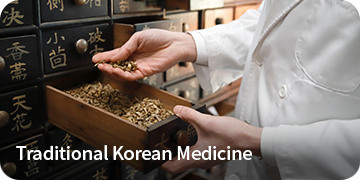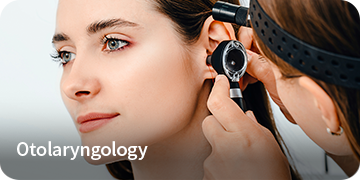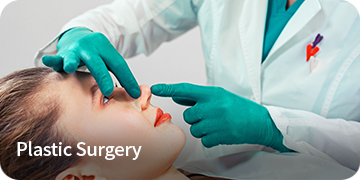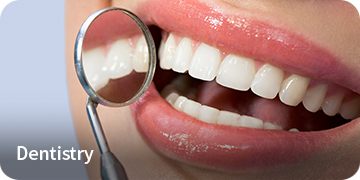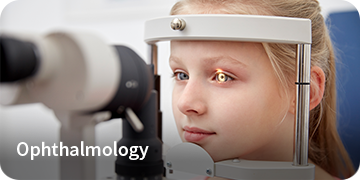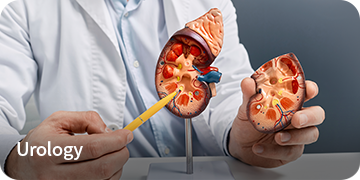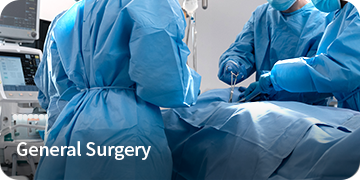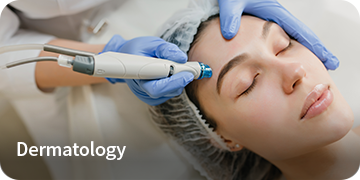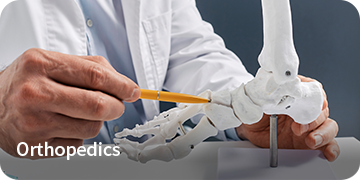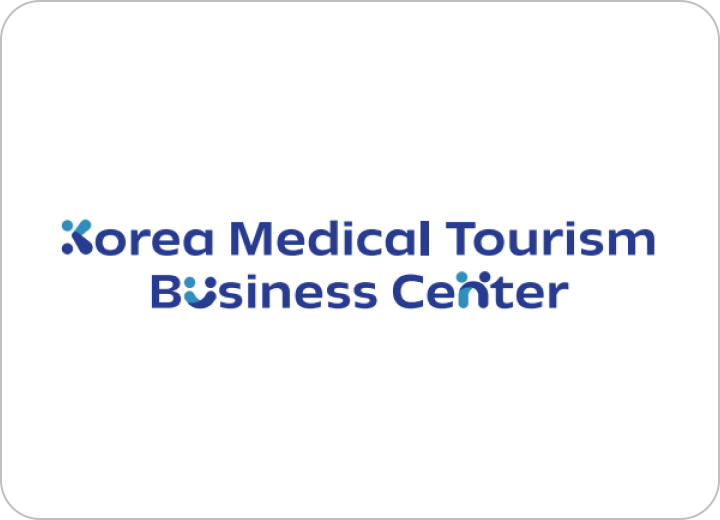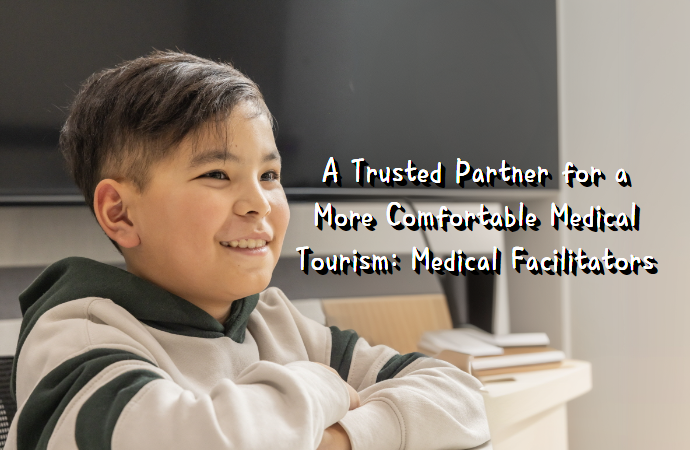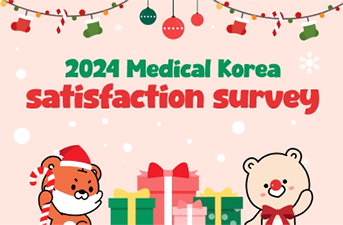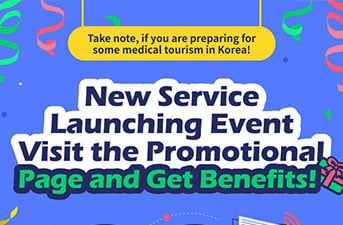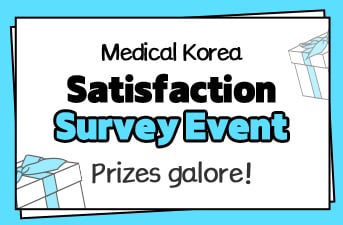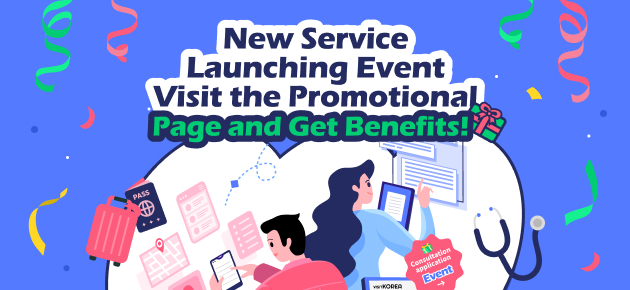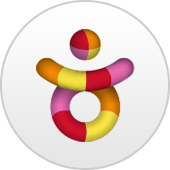[Interview] A Trusted Partner for a More Comfortable Medical Tourism: Medical Facilitators
[Interview] A Trusted Partner for a More Comfortable Medical Tourism: Medical Facilitators Assanali (12) from Kazakhstan, who underwent brain tumor treatment, and his aunt, Aiym (34) For patients facing serious illnesses, the real struggle often comes from practical challenges. From the moment they decide on treatment, they are immediately faced with a flood of critical choices that can’t be taken lightly. If the treatment involves surgery abroad with a long period, the worries double. Concerns about visas, location and condition of accommodation, and finding an interpreter can make the process even more daunting. That’s where medical facilitators come in. In Korea, they act as guides and partners, making sure international patients get the best possible care without difficulty. They don’t just connect patients with hospitals—they also assist with accommodation, flight bookings, interpretation services, managing the entire medical tourism from start to finish. To learn more, we spoke with Assanali (12) from Kazakhstan, who received brain tumor treatment in Korea, and his next of kin, Aiym (34), about their experience with a medical facilitator. Assanali, who received brain tumor treatment in Korea two years ago Q. Hello, please tell us briefly about yourselves. Assanali: Hello, my name is Assanali. I’m 12 years old and from Kazakhstan. Two years ago, I underwent brain tumor treatment in Korea. Aiym: I’m Aiym, Assanali’s aunt. I first came to Korea for my nephew’s treatment, and that connection led me to stay—I’m now studying here. Q. It must have been tough at such a young age. How is your health now? Assanali: I’m healthy enough to play soccer with my friends now. Lately, I’ve been learning a traditional Kazakh instrument because there are so many things I want to try! Aiym: Since his treatment ended in November 2022, we’ve been coming to Korea once a year for MRI check-ups. Typically, patients are monitored for five years after treatment, and now there’s not much time left in that period. Thinking about everything my beloved nephew has been through, I’m so proud of him, and I already feel a great sense of relief. Aiym, who always accompanies her nephew to Korea Q. It can be difficult to diagnose at a young age. How did you find out about the brain tumor? Aiym: One day, my nephew came to me complaining of a severe headache. He also said he still felt sleepy even after getting a full night’s rest. At first, I didn’t think much of it, but then I noticed something was wrong with his left arm and face. His left fingers and facial muscles weren’t moving properly, so I rushed him to the hospital. After a CT scan, we got the diagnosis—it was a brain tumor. My heart sank. I knew the treatment would be incredibly hard, especially for a 10-year-old child. Q. You traveled a long way for treatment. What led you to choose Korea? Aiym: As a doctor myself, the moment my nephew was diagnosed, my first thought was how to get him the best and fastest treatment. While surgery was possible in Kazakhstan, I wanted him to receive care in a country with a more advanced medical system. Around that time, a friend mentioned that their child had been treated in Korea for a different disease, which caught my attention. I also recalled senior colleagues from my hospital who had done training in Korea—they always spoke highly of the medical system there. That gave me confidence in choosing Korea for his treatment. Korea’s medical facilitators assign 24/7 support staff to provide dedicated one-on-one care Medical facilitators connect international patients with professional medical interpretersⓒMedical Avenue Q. Language barriers can make undergoing surgery in a foreign country even more challenging. How did you handle this? Aiym: At first, I did a lot of online research and consulted senior colleagues for advice. Eventually, I reached out to the mother whose child had been treated in Korea. I initially thought she had managed everything on her own—visa applications, hospital appointments—but I soon discovered she had assistance from a medical facilitator. Given the urgency, I got their contact and called right away. From the moment we spoke, the representative listened attentively to my concerns and even reassured me that my nephew would recover, offering words of encouragement. Honestly, it felt like a therapy session! (laughs) Their kindness and understanding gave me confidence that they would handle my nephew’s treatment with exceptional care. Korea’s medical facilitators provide services from flight bookings to accommodation and interpreter arrangements Q. What kind of support did you receive from the medical facilitator? Aiym: If I had arranged everything on my own, there would have been an overwhelming number of things to prepare—hospital appointments, flight tickets, accommodation, hiring an interpreter—all while making sure everything aligned with the treatment schedule. But with the facilitator’s help, everything was so much easier. They assisted with visa applications and paperwork, and even guided us through entry procedures when we arrived in Korea, which was a huge relief. At the time, COVID-19 restrictions were still in place, meaning we had to go through a quarantine period. The facilitator carefully planned every step, from hospitalization and tests to surgery and follow-up treatments, ensuring there were no gaps in the schedule. They even booked us a place to stay after discharge, so our whole family could focus entirely on my nephew’s recovery. Services Provided by Medical Facilitators in Korea for International Patients Medical Consultation & Appointment Booking - Assistance with medical consultations and hospital reservations for international patients Professional Medical Interpreters - Support from medical interpreters to help smooth communication with medical staff Airport Pickup & Transportation - Safe and convenient transportation from the airport to hospitals and accommodations Accommodation & Tour Packages - Accommodation reservations and sightseeing programs for a comfortable stay during treatment Medical Billing & Insurance Coordination - Assistance with hospital bill settlement and coordination with home country insurance providers Post-Treatment Care & Remote Consultations - Ongoing health support through remote consultations even after treatment Customized Meals & Care Services - Personalized meal options for patients (Halal, vegetarian, etc.) and caregiver support Q. What service were you most satisfied with? Assanali: The interpreter! Neither my aunt nor I speak Korean, but thanks to the interpreter, we were able to communicate everything we needed to the doctors and nurses. Assanali: Exactly. Without the interpreter, we would have been scrambling through translation apps just to answer the doctors' basic questions. As a doctor myself, I sometimes struggled to understand certain Korean medical procedures or treatment methods, but the interpreter explained everything clearly, which was a huge help. Most importantly, there were times when we needed urgent translation in the late evenings or early mornings, and I was really grateful that I could easily reach the interpreter by phone or messenger. The interpreter also helped us with things like buying and recharging a transportation card or getting a taxi when we went out. Thanks to her help, we didn’t face any inconvenience during our stay in Korea. Halloween event for pediatric patients—‘A Day for All to Be Winners’ⓒMedical Avenue Enjoying a fall picnic at Yeouido Hangang ParkⓒMedical Avenue Q. You must have become very close through this experience. Are there any moments that stand out to you? Assanali: I really enjoyed getting snacks and gifts at the hospital. Staying there was boring, and getting injections was tough, but eating delicious Korean food and playing with toy cars made it fun. Oh, and spending time with the interpreter was really memorable too! We even celebrated my birthday twice and went on a picnic to the Hangang River together. If I visit Korea again, I definitely want to go back there. Aiym: The treatment process was long, so we had to stay in the hospital for a long time, and to make matters worse, it coincided with the COVID-19 pandemic, which made it even more difficult. There were many difficult and frustrating moments in the hospital, but the facilitator supported us in so many thoughtful ways, from bringing food to preparing small gifts. They even took us and other young patients to famous restaurants and sightseeing spots in Seoul, which was a much-needed break. Like my nephew, I’ll never forget the autumn picnic at the Hangang River. Being in a hospital, you’re constantly surrounded by sick patients, and it’s easy to focus on the difficult moments. But seeing the sunlight glimmer on the river and people smiling around us helped me reset my mindset. It wasn’t just about the interpretation—the facilitator truly cared for us emotionally as well, and I’m so grateful for that. Yeouido Hangang Park Location: Hangang Office Yeouido Information Center, 330 Yeouidong-ro, Yeongdeungpo-gu, Seoul Operating Hours: Open 24 hours Contact: +82-2-3780-0561 Website: Yeouido Hangang Park Assanali, who has many fond memories of Korea Q. Hearing all this, I wonder—what was your favorite Korean food? Assanali: Galbi Soup! I love it because it's full of meat. Aiym: He really does! (laughs) We frequently visited a well-known Galbi Soup restaurant in Sinchon. Even now, every time we visit Korea, he keeps asking to have it again. Q. I heard you’re currently studying in Korea. Was your decision inspired by your nephew’s treatment? Aiym: Yes, it did. During our time at the hospital, I learned so much. Observing my nephew’s treatment and experiencing Korea’s medical system firsthand taught me a great deal as a doctor. It also motivated me to learn Korean, so now I’m studying at a language institute. After finishing the program, I’d love to continue learning—whether in graduate school or at a Korean hospital. But Korean is really difficult, so sometimes I feel like just going back home. (laughs) Q. Was there anything about the hospital that left a strong impression on you? Aiym: Korea is already known for its advanced medical technology, but what really stood out to me was that the medical staff never settled for what they had. They were constantly learning new techniques and improving their facilities with the latest equipment. It was amazing to see noticeable advancements even during the short time we stayed in Korea for his treatment. Another thing that impressed me was how kind and caring the doctors and nurses were. Their work is highly demanding, yet they still went out of their way to help the children feel at ease—organizing parties, cultural events, and even giving small gifts. As a fellow medical professional, I found it truly inspiring. Healing both body and mind through treatment in KoreaⓒMedical Avenue Q. It seems like your treatment experience in Korea had a positive impact. Did it change how you see Korea? Assanali: Yes! Before, the only thing I knew about Korea was taekwondo, but now I know so much more. Galbi Soup, the Hangang River, and kind people—these are all great memories for me. When I grow up, I want to study abroad in Korea. Aiym: Absolutely. I think it’s because of how kind Koreans are. When we stayed in a five-person hospital room, I was worried since we didn’t speak the language and were in a foreign country. But the other family members approached us first, inviting us to eat with them. They even gave my nephew little gifts like banana milk. I had heard about the deep sense of connection in Korean culture, but experiencing it firsthand made me realize just how caring and generous people here truly are. Aiym and the medical facilitator, who provided 24/7 support for Assanali Sharing joyful moments while receiving treatment in Korea Q. Assanali, you first came to Korea through a recommendation as well. Would you recommend a medical facilitator to those interested in Korean healthcare services? Aiym: Definitely! In fact, I already recommend it to many people around me. Some were hesitant at first because they weren’t familiar with the service, but I quickly reassured them. When you travel abroad for treatment, there are so many things you can’t manage alone, and it’s easy to feel overwhelmed. Having a facilitator by your side makes a huge difference emotionally. Some people were skeptical at first, but once I explained how reassuring it is to have someone handling everything—even staying by your side 24/7 at the hospital—they were really interested. Q. You’ve been through so much over the past two years with your treatment. More than anything, we’re glad to see you healthy again. Before we wrap up, is there anyone you’d like to say a special thank you to? Assanali: My aunt helped me a lot when I was sick, and thanks to her, I was able to stay strong. Thank you, Auntie! Aiym: Honestly, I’d be lying if I said it wasn’t hard. But just looking at my nephew always made everything feel okay. Even when he must have been exhausted from being sick, he still ate well, smiled, and played like any other kid. Seeing that gave me strength without even realizing it. So, Assanali, stay just as bright, happy, and healthy as you are now! *This content was produced with the support of Medical Avenue. Medical Avenue, a medical facilitator in KoreaⓒMedical Avenue Medical Avenue Location: #1433, 14F, 144 Mapo-daero, Mapo-gu, Seoul (Mapo T-Town) Operating Hours: Monday, Tuesday, Thursday, Friday, Saturday 09:00 – 18:00 (Lunch hour 13:00 – 14:00, Last registration 17:30) / Closed Wednesday and Sunday --> Contact: (WhatsApp) +82-10-2449-0215, (Korean Office) +82-2-6374-6871, (USA Call Center) +1-209-231-8931 Website: https://www.medicalavenuekorea.com/en/ Severance HospitalⓒSeverance Hospital Severance Hospital Location: 50-1 Yonsei-ro, Seodaemun-gu, Seoul Operating Hours: Monday–Friday, 08:30 – 17:30 (Closed on Saturdays and Sundays), Emergency Care Available 24/7 Contact: +82-2-2228-5800 Website: https://sev.severance.healthcare/sev-en/index.do Caution!! This content is designed to provide medical information about Korea. The Korea Tourism Organization does not endorse or recommend any specific hospital. Please note that the effectiveness and side effects of the provided medical information may vary by individual. It is strongly advised to consult with a doctor before receiving medical treatment. 1330 Korea Travel Helpline: +82-2-1330 1330 Text Chat: https://m.site.naver.com/1rEid (Korean, English, Japanese, Chinese, Russian, Vietnamese, Thai, Indonesian) * This column was last updated in December 2024, and therefore information may differ from what is presented here.





